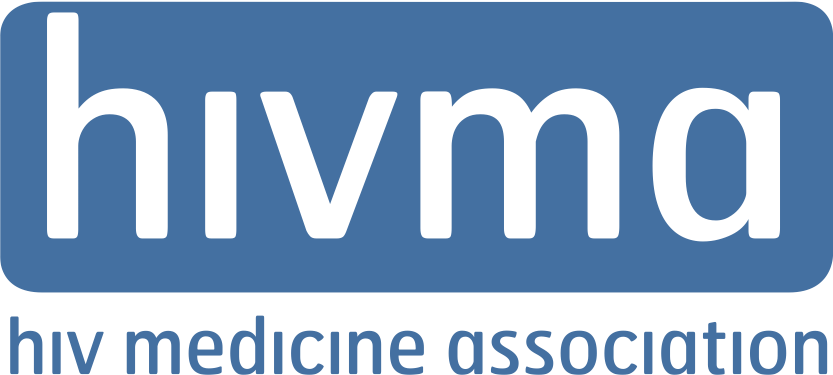The President’s fiscal year 2018 budget proposal released today would, if enacted in whole or part, deal a devastating blow to the health and well-being of our nation. We are disheartened that the final document not only mirrors the short-sighted budget outline released in March but extends deep funding cuts for critical programs supported by the U.S. Department of Health and Human Services, the U.S. Agency for International Development and the U.S. Department of State.
The President and Congress’ proposals to cap and cut hundreds of billions of dollars from the Medicaid Program, which provides coverage to forty-two percent of patients with HIV, threatens access to HIV care for many. The President’s proposal to cut $59 million from the Ryan White HIV/AIDS Program by eliminating the AIDS Education and Training Centers Program and the Special Programs of National Significance will weaken the capacity of an already insufficient HIV medical workforce and will jeopardize innovations in patient care, including the effective delivery of treatment for opioid addiction in an HIV care setting. Cutting programs that support HIV care and treatment that prevents illness, saves lives, and reduces transmission risks to near zero, will negatively impact public health, leading to greater health expenditures and rising HIV infections and deaths.
The proposal to slash funding for the Centers for Disease Control and Prevention, including $183 million from HIV, viral hepatitis and sexually transmitted disease programs, will reverse important gains made in reducing new HIV infections and leave us even further behind in responding to alarming increases in hepatitis B and C infections in addition to increases in new cases of chlamydia, gonorrhea and syphilis.
The proposed cuts to global health, including $225 million to the Global Fund and $470 million from PEPFAR would have long-term harmful consequences for people affected by HIV, tuberculosis and other infectious diseases. Maintaining commitments to the Global Fund and to individuals already receiving HIV treatment through PEPFAR is critical. Without resources to increase access to treatment, efforts to end the global HIV epidemic will fail.
The more than $7 billion in proposed cuts to the National Institutes of Health, including a 23 percent funding cut for the National Institutes of Allergy and Infectious Diseases, would stall new biomedical discoveries with the potential to extend and save lives. Eliminating the NIH’s Fogarty International Center, which supports partnerships between US-based universities and international sites to help build local capacity to monitor and control infectious diseases in lower income countries, would leave these countries ill equipped to respond to HIV and other emerging outbreaks, including Ebola and Zika, diseases that know no boundaries.
These budget reductions would harm individual health, our nation’s public health and global health for decades or longer. Further, the damage to our leadership role in biomedical innovation cannot be underestimated due to the loss of talented individuals unable to launch research careers and the loss of support for innovative ideas that cannot be pursued.
We are encouraged that key members of Congress have indicated that they do not share the White House’s funding priorities and see the value in investing in biomedical research, prevention and healthcare and treatment for individuals with HIV in the U.S. and abroad who otherwise will go without. We urge all Congressional members to reject the President’s budget proposal, raise the budget caps for nondefense discretionary programs and ensure parity between defense and nondefense programs in relief from the sequestration caps. In doing so, they will take a stand for our nation’s health, our commitment to a healthier world, and to our national stability and security.
#####
The HIV Medicine Association (HIVMA) is the professional home for more than 5,000 physicians, scientists, and other health care professionals dedicated to the field of HIV/AIDS. Nested within the Infectious Diseases Society of America (IDSA), HIVMA promotes quality in HIV care and advocates policies that ensure a comprehensive and humane response to the AIDS pandemic informed by science and social justice. For more information, visit www.hivma.org.

